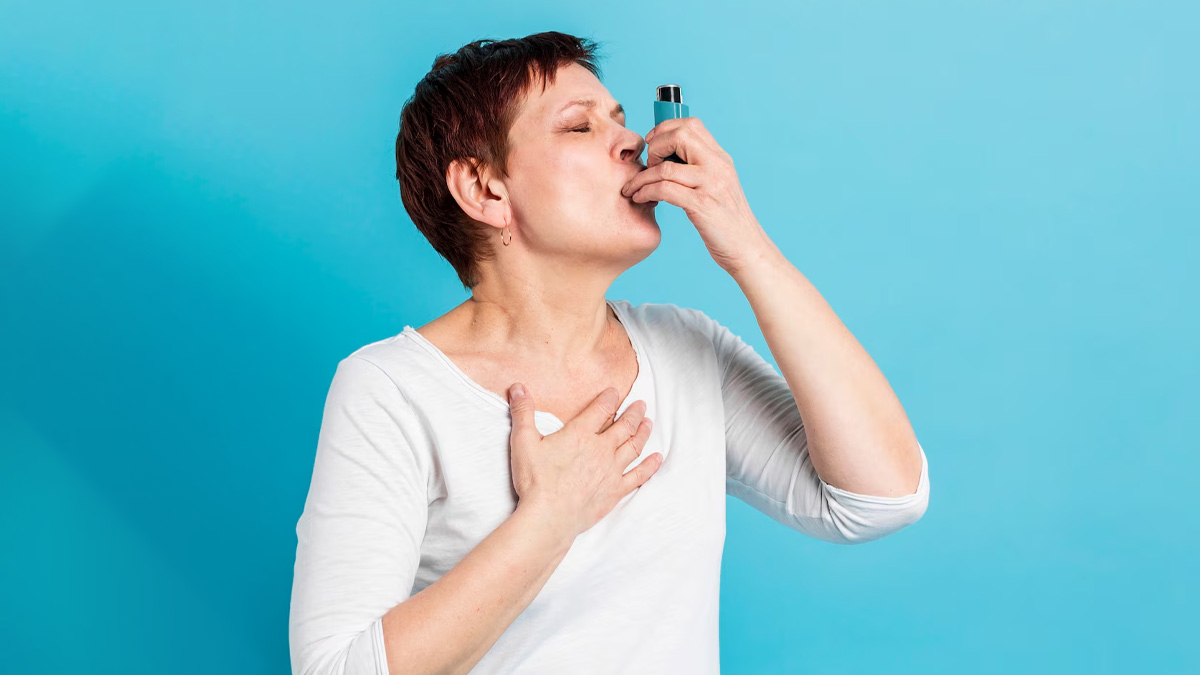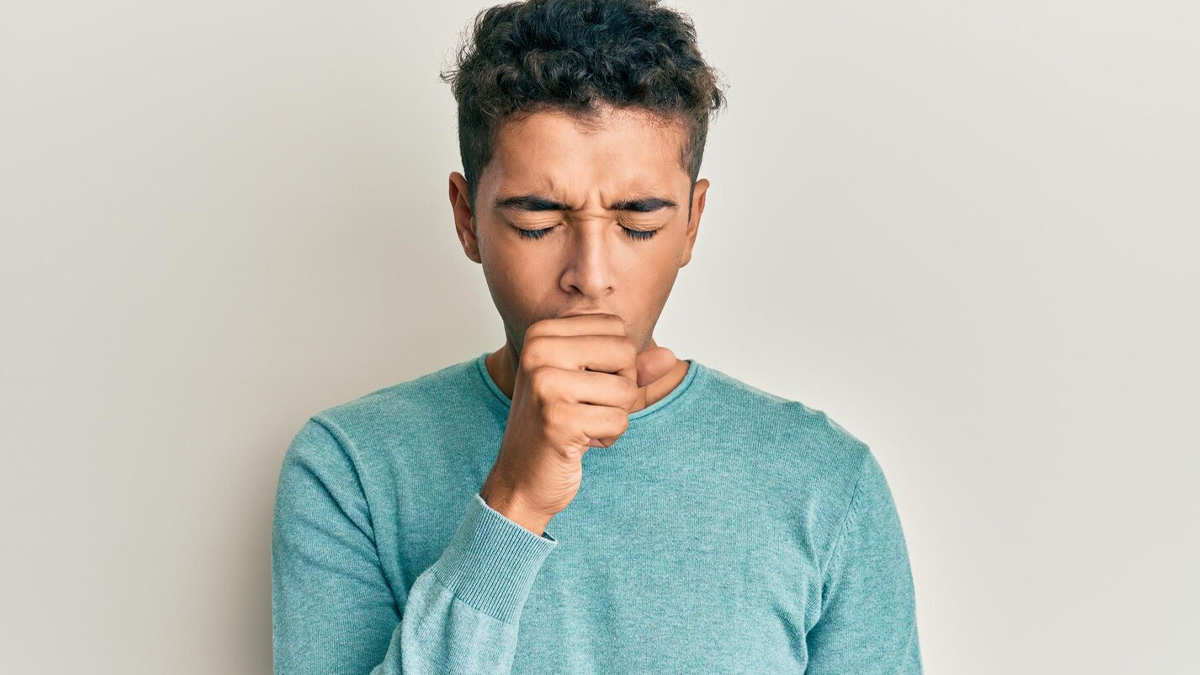
As we head into the month of September, there needs to be more vigilance and awareness around our lung health. Particularly for people with asthma, September can be a worrying month. This period, also known as “September Asthma Peak”, sees the highest number of asthma-related hospitalisations among adults and children. In fact, speaking with the OnlyMyHealth team,Dr Arun Chowdary Kotaru, Unit Head and Senior Consultant - Respiratory Disease and Sleep Medicine (Unit I), Artemis Hospitals, Gurgaon, calls it a “time when asthma attacks get worse”.
Table of Content:-
So, if you’re someone with asthma or know someone who has the condition, here’s a guide to not only understand the common triggers of asthma during the month of September but also learn of ways to manage as well as prevent flare-ups.
Also Read: Why Laughing Too Hard Can Trigger Asthma In Some People
Why Are Asthma Flare-Ups More Common In September?

According to Dr Kotaru, asthma flare-ups usually happen in the first few weeks of September. "Asthma attacks are more prevalent in September because many triggers happen simultaneously." A 2016 study published in the Annals of the American Thoracic Society reported that while the prevalence of September asthma peaks has declined over time, the asthma emergency visit rate remains significantly higher in September than in other months.
Some of the reasons why such worsening of symptoms occurs include:
- Children return to school, increasing their chances of getting a cold, flu, or Respiratory Syncytial Virus (RSV), all of which can exacerbate asthma and cause breathing problems.
- Pollen is at its peak in September, and wet weather and fallen leaves increase the mould and mildew in the air.
- Some people reduce or even stop taking asthma medicines in the summer months, with no protection once the triggers are back in September.
Common Triggers For Asthma Flare-Ups

Asthma symptoms often get worse this time of year because there are a lot of things in the air and environment that can trigger them. Common triggers include:
- The pollen from ragweed, which is at its highest right now,can make it hard to breathe and cause allergic reactions.
- Damp weather and fallen leaves that also make mould spores grow
- In schools, cold and flu viruses spread quickly, which leads to more respiratory infections.
- Changes in the weather, like cool nights and warm days, can also make your lungs feel unpleasant.
Also Read: Does Your Child's Asthma Flare Up In Monsoons? Here's What You Should Do
Tips To Manage Asthma Flare-Ups In September
Asthma isn't curable, but it is a manageable condition. With proper care, people with asthma can lead full and normal lives. However, consistency is key, and regular consultation with a doctor is crucial. Some of the ways to manage asthma, especially during September, include:
- Carrying inhalers and medications at all times, even when one feels fine
- Keeping an eye on pollen and air quality levels
- Using HEPA filters to keep homes clean, dry, and free of dust and mould
- Getting the flu shot
- Washing hands frequently to lower the risk of getting infections that could make your asthma worse
In the case of children, Dr Kotaru advises parents to ensure that their children take their prescribed asthma meds, even during the summer. Remind them to wash their hands regularly to avoid catching colds, flu, or other infections while at school. Close windows on high pollen days and clean and dry areas of the home that may have mould problems. Inform teachers of the child's asthma, and provide an action plan for emergencies.
"These simple, but consistent, actions can significantly lower asthma risks," he emphasises.
How To Prevent Asthma Flare-Ups

“You can lower your risk of seasonal asthma problems by changing your daily habits or taking medicine,” Dr Kotaru advises, further recommending the use of preventive inhalers to keep the airways calm and a quick relief inhaler in case of an emergency.
He also adds, “Eating foods high in omega-3s, like fish and nuts, as well as fresh fruits and leafy greens, may help keep your lungs healthy. If you drink enough water and use a humidifier, it can help with dryness that makes it hard to breathe. If you stay inside when pollen counts are high, clean your living spaces often, and see the doctor regularly, it will be easier to control your asthma."
How we keep this article up to date:
We work with experts and keep a close eye on the latest in health and wellness. Whenever there is a new research or helpful information, we update our articles with accurate and useful advice.
Current Version